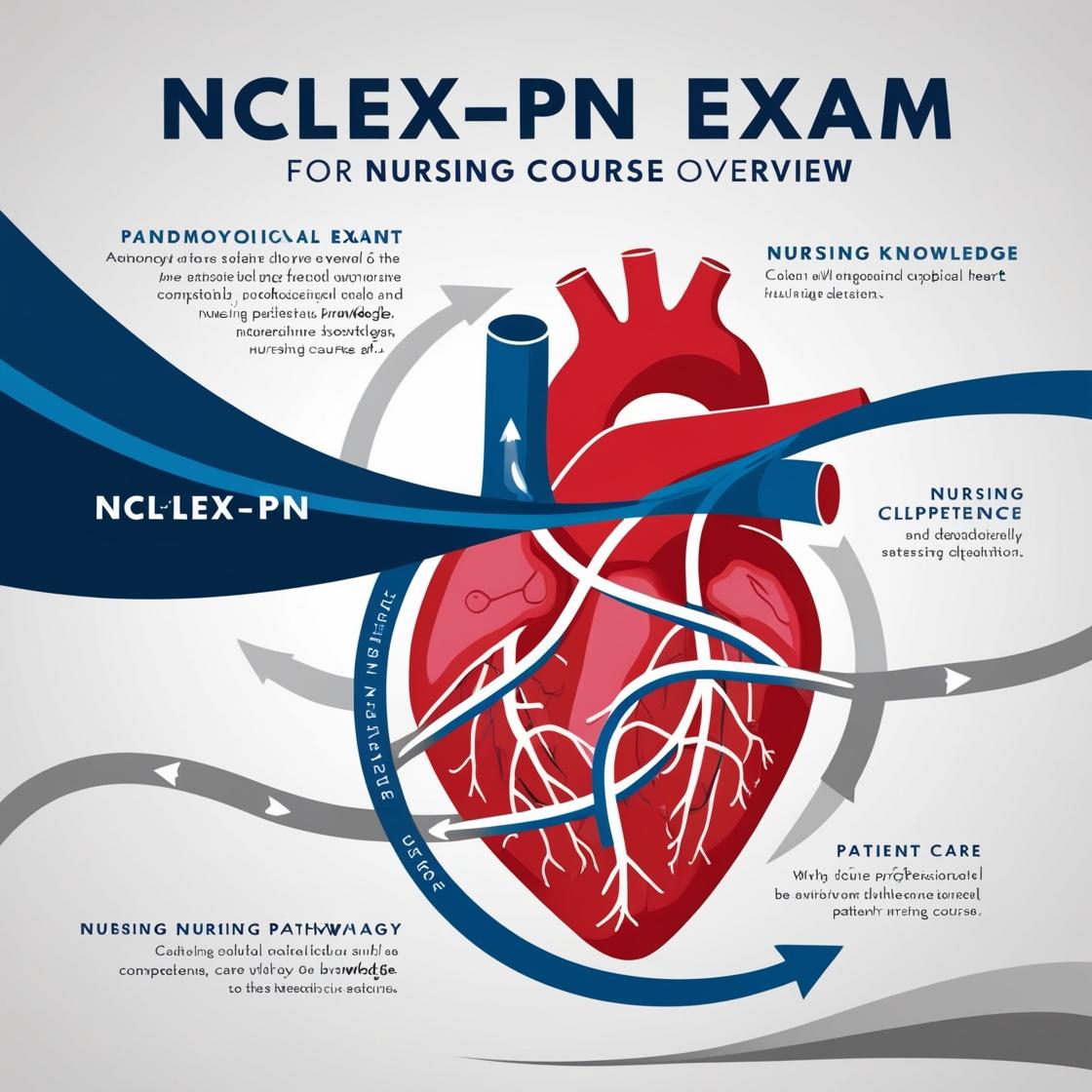NCLEX-PN
NCLEX PN Practice Questions Quizlet
1. A client with massive chest and head injuries is admitted to the ICU from the Emergency Department. All of the following are true except:
- A. The physician in charge of the case is the sole person allowed to decide whether organ donation can occur.
- B. The client's legally responsible party may make the decision for organ donation for the donor if the client is unable to do so.
- C. The organ procurement organization makes the decision regarding which organs to harvest.
- D. The donor (or legally responsible party for the donor), the physician, and the organ-procurement organization are all involved in the process.
Correct answer: A
Rationale: While the physician plays a crucial role in the process of organ donation, they are not the sole decision-maker. The client's legally responsible party may make the decision for organ donation if the client is unable to do so. Additionally, the organ procurement organization is responsible for determining which organs are suitable for donation. Therefore, the statement that the physician in charge is the sole person allowed to decide whether organ donation can occur is incorrect. The correct answer is A. Choices B, C, and D are true statements as they highlight the involvement of the legally responsible party, the organ procurement organization, and the donor/legally responsible party, physician, and organ-procurement organization in the organ donation process respectively.
2. Which of the following is most likely to impact the body image of an infant newly diagnosed with Hemophilia?
- A. immobility
- B. altered growth and development
- C. hemarthrosis
- D. altered family processes
Correct answer: D
Rationale: Altered Family Processes is a significant factor that can impact the body image of an infant newly diagnosed with Hemophilia. Infants are highly sensitive to the reactions of their caregivers, and a new diagnosis like Hemophilia can introduce stress and uncertainties into the family dynamics. This can affect the infant's sense of security, trust development, and how they perceive themselves. Immobility, while a potential long-term effect of Hemophilia, is not the immediate impact on body image for a newly diagnosed infant. Altered growth and development would take time to manifest and would not be an immediate concern after a recent diagnosis. Hemarthrosis, although a characteristic symptom of Hemophilia, is a physical manifestation rather than a direct influence on body image perception in a newly diagnosed infant.
3. A client states, "I eat a well-balanced diet. I do not smoke. I exercise regularly, and I have a yearly checkup with my physician. What else can I do to help prevent cancer?"? The nurse should respond with which of the following statements?
- A. Sleep at least 6-8 hours per night.
- B. Practice monthly self-breast examinations.
- C. Reduce stress.
- D. All of the above.
Correct answer: D
Rationale: All of the choices are methods of preventing cancer. Sleep is important in maintaining homeostasis, which helps the body respond to disease. Monthly breast examination can indicate cancer or fibrocystic disease. Stress can have a physiological response in the body that decreases the immune response and increases the risk of disease. Therefore, all the options provided are important in cancer prevention, making 'All of the above' the correct answer. Option A is crucial for overall health and immune function, option B aids in early detection, and option C is vital as chronic stress can weaken the immune system.
4. What is the primary theory that explains a family's concept of health and illness?
- A. Health Belief Model
- B. Education-School-Completing Factor
- C. Family Health Expert Factor
- D. Disconnected Family Factor
Correct answer: A
Rationale: The correct answer is the Health Belief Model. This model explains a family's concept of health and illness by focusing on readiness factors, perceived susceptibility, and seriousness of health problems, and positive motivation for wellness. The Health Belief Model is widely used in healthcare to understand and predict health behaviors. Choices B, C, and D are incorrect as they do not specifically address how a family perceives health and illness. The Health Belief Model is the most appropriate choice as it is specifically designed to explain individual and family beliefs and behaviors related to health and illness.
5. How does the family carry out its health care functions?
- A. The family provides very little preventive health care to its members at home.
- B. The family provides preventive health care to its members at home.
- C. The family pays for most health services.
- D. The family decides when and where to hospitalize its members.
Correct answer: B
Rationale: Families play a crucial role in providing preventive health care to their members at home. This includes activities such as promoting healthy lifestyles, ensuring vaccinations, scheduling regular check-ups, and intervening early when health issues arise. Therefore, the correct answer is that the family provides preventive health care to its members at home. Choices A, C, and D are incorrect because families are expected to actively engage in preventive health care practices rather than providing very little preventive care, solely paying for health services, or making hospitalization decisions. The focus is on the proactive role of families in maintaining the health of their members.
Similar Questions

Access More Features
NCLEX PN Basic
$69.99/ 30 days
- 5,000 Questions with answers
- Comprehensive NCLEX coverage
- 30 days access @ $69.99
NCLEX PN Premium
$149.99/ 90 days
- 5,000 Questions with answers
- Comprehensive NCLEX coverage
- 30 days access @ $149.99
